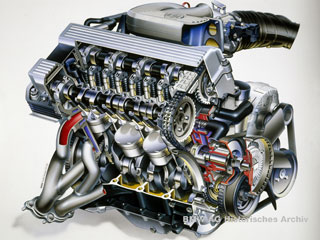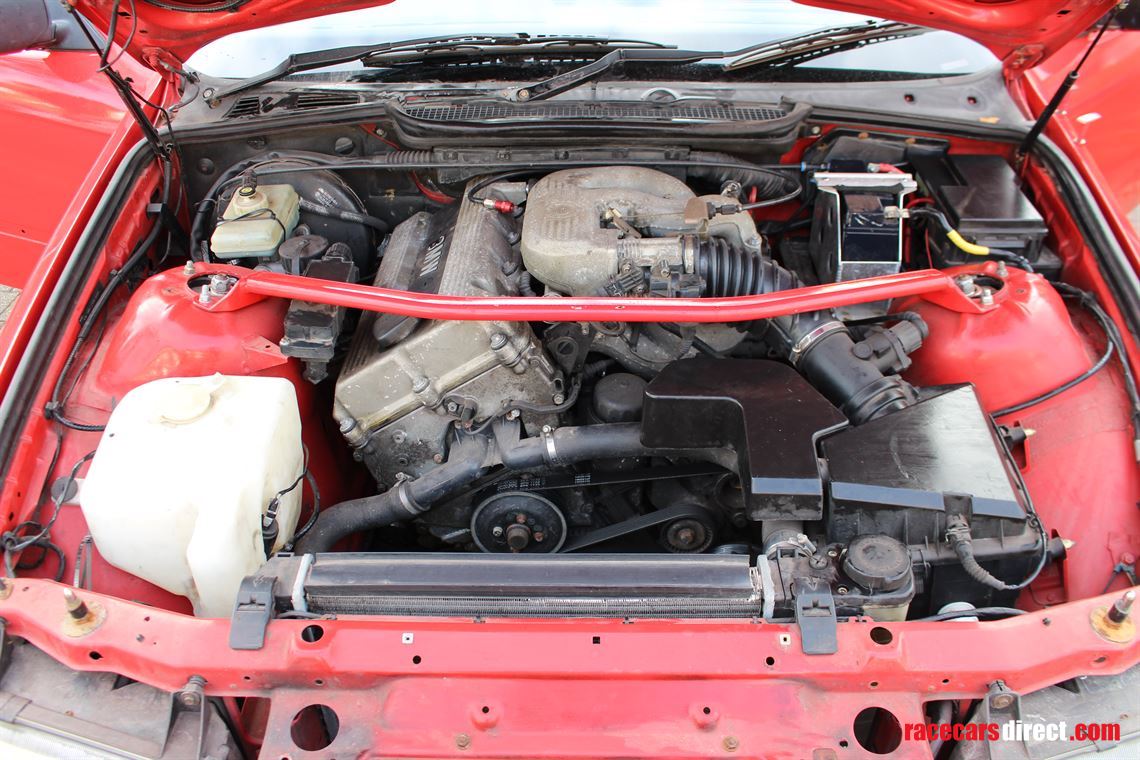Key Features to Look for When Acquiring an Engine for Automotive Applications
When thinking about the acquisition of an engine for auto applications, numerous vital attributes necessitate mindful analysis to make sure ideal performance and functionality. From power and performance capabilities to fuel longevity, adherence, and performance to discharges standards, each facet plays an essential role in establishing the engine's viability for specific automobile needs. Cost-effectiveness continues to be a crucial aspect in the decision-making process, stabilizing quality with economic considerations. These attributes collectively add to the general efficiency and dependability of the engine, affecting the driving experience and long-lasting fulfillment of the customer.
Power and Performance
When choosing an auto engine, customers prioritize power and efficiency to make certain optimum driving experience and performance. The power outcome of an engine, frequently gauged in horse power (HP) or kilowatts (kW), dictates the velocity, leading rate, and total capabilities of a vehicle. Higher power ratings generally result in quicker acceleration and better performance, specifically throughout surpassing or bring hefty lots. Efficiency, on the various other hand, includes a more comprehensive range of features, consisting of fuel efficiency, emissions, integrity, and overall driving characteristics. A well-performing engine not just provides power successfully but also operates efficiently across various rate arrays and driving conditions.
Furthermore, variables such as engine hybrid, turbocharging, and variation modern technologies play significant functions in boosting both power and efficiency levels. Ultimately, choosing an engine that supplies a powerful combination of power and performance makes sure a efficient and satisfying driving experience.
Fuel Effectiveness
Enhancing gas efficiency is a critical factor to consider for customers when evaluating automobile engine options. Modern engines with features like direct fuel shot, turbocharging, and variable shutoff timing can dramatically enhance fuel effectiveness by enhancing burning procedures and lowering power loss.

Longevity and Dependability
Attaining resilient performance and trustworthy operation is necessary for consumers reviewing the sturdiness and integrity of automobile engines. When considering an engine for auto applications, sturdiness describes the engine's ability to stand up to wear, stress, and extreme operating problems over an extended duration. Integrity, on the other hand, suggests that the engine can consistently execute its intended function without unforeseen failures or failures.
Consumers must look for engines built with high-grade materials and accurate design to guarantee durability. Elements such as crankshafts, bearings, and pistons need to be resilient to manage the engine's power outcome without early wear. In addition, engines geared up with sophisticated Full Report cooling systems, reliable lubrication, and durable filtration mechanisms have a tendency to display greater degrees of dependability.
Normal upkeep and adherence to supplier referrals are also critical consider preserving an engine's sturdiness and dependability. By complying with upkeep routines, utilizing suggested fluids, and attending to any type of problems quickly, consumers can make best use of the life expectancy and performance of their automotive engines. Ultimately, focusing on toughness and dependability in engine choice can result in a more satisfying ownership experience with fewer unanticipated disturbances.
Discharges Compliance
Ensuring conformity with discharges laws is a crucial aspect of reviewing automobile engines for environmentally conscious customers. With enhancing concerns concerning air high quality and ecological effect, strict exhausts requirements have been placed in location worldwide to lower dangerous contaminants launched into the ambience. When buying an engine for automotive applications, it is important to consider its discharges conformity to decrease the carbon impact and comply with lawful requirements.
Modern engines are outfitted with advanced exhaust control technologies such as catalytic converters, exhaust gas recirculation (EGR) systems, and discerning catalytic reduction (SCR) to minimize harmful exhaust gases like nitrogen oxides (NOx), carbon monoxide gas (CARBON MONOXIDE), and hydrocarbons (HC) These systems play a vital role in making certain that the engine meets the defined exhausts standards and runs within permissible limitations.

Cost-effectiveness
When considering automobile engine purchases, assessing find out here cost-effectiveness is paramount for consumers looking for both efficiency and value. It encompasses the overall Check This Out expenses related to upkeep, gas usage, and prospective repairs over the engine's lifespan.
One trick facet of cost-effectiveness is fuel efficiency. Engines that are made to make the most of fuel economy can bring about considerable cost savings over time, specifically for individuals who drive frequently or over lengthy ranges. Furthermore, considering the accessibility and affordability of spare parts and maintenance can contribute to the total cost-effectiveness of an engine. Making sure that maintenance and repairs are practical and obtainable can protect against unforeseen economic problems down the line.

Conclusion
In conclusion, when buying an engine for automotive applications, it is crucial to take into consideration key attributes such as power and performance, fuel integrity, longevity and efficiency, exhausts compliance, and cost-effectiveness. These elements are important in making sure that the engine fulfills the requirements of the vehicle and operates properly in numerous driving problems - bmw 318ti. Making a notified choice based upon these requirements will eventually cause a efficient and effective automobile engine purchase
From power and efficiency capabilities to sustain efficiency, adherence, and sturdiness to discharges standards, each facet plays a crucial duty in figuring out the engine's suitability for details vehicle needs. Engines made to run on alternate fuels such as electric power, crossbreed systems, or biofuels can provide better fuel economy and reduced emissions contrasted to conventional fuel or diesel engines. Consumers should meticulously think about the gas effectiveness rankings and innovations included into auto engines to make informed investing in decisions that straighten with their priorities for expense financial savings and sustainability.
When considering an engine for vehicle applications, resilience refers to the engine's capacity to withstand wear, anxiety, and harsh operating conditions over a prolonged duration.In conclusion, when acquiring an engine for vehicle applications, it is essential to think about vital attributes such as power and performance, fuel effectiveness, durability and reliability, emissions compliance, and cost-effectiveness.